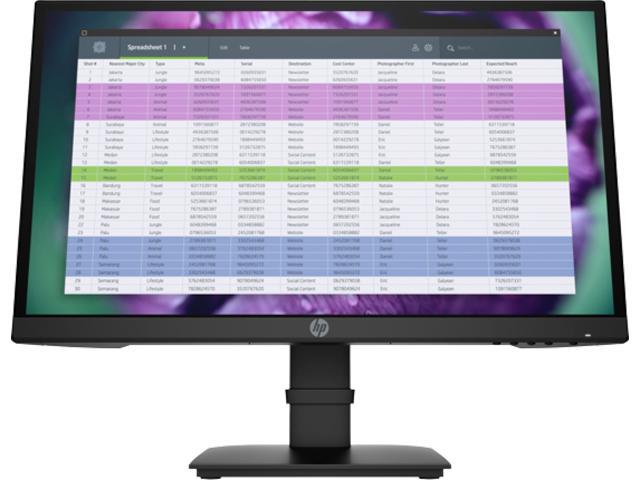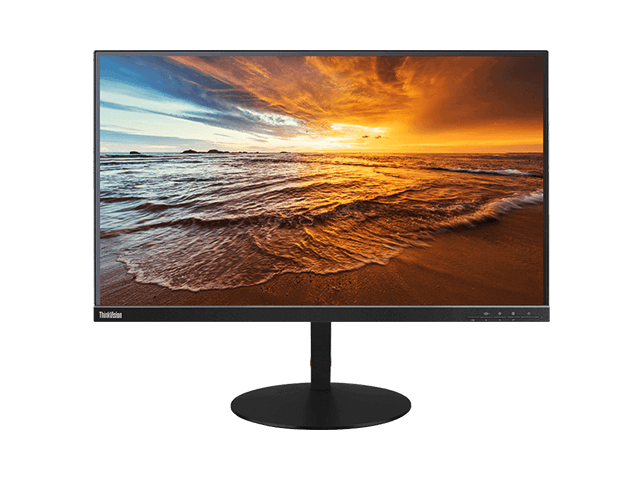This book addresses the need to diversify mainstream forms of assessment currently used in Higher Education in order to re-establish the focus on the learning process. Making assessment central to student learning is about returning to what current research emphasises: the primary beneficiary of assessment should be the student. To achieve this in the assessment context, students and tutors must engage in a process of dialogue and feedback. It seems to be widely accepted that assessment succeeds when the learner monitors, identifies and then is able to ''bridge'' the gap between current learning achievements and agreed goals. It is, however, more questionable whether adequate opportunities are given to students to be active participants in closing what has been termed ''the loop''.
Contributors to this book have responded in different ways to the challenge of enhancing learning through assessment, offering reasons for the lack of focus on learning within assessment processes as well as suggesting possible solutions. The chapters demonstrate a balance between innovation and practicality, drawing on the underpinning theories. The result is both rich in discussion and an extremely useful resource for practitioners.
This book was originally published as a special issue ofAssessment & Evaluation in Higher Education.















